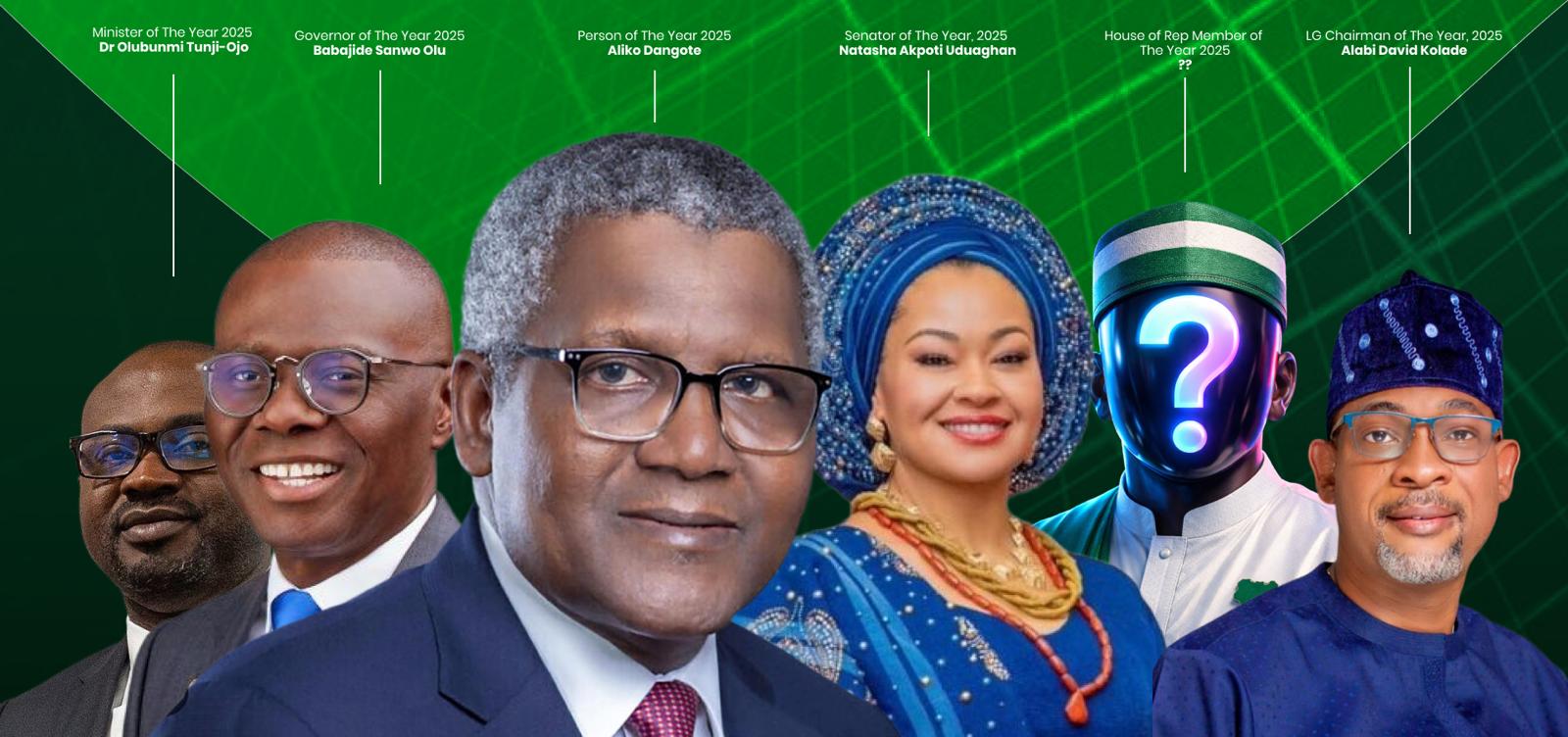In the past 25 years, the Academic Staff Union of Universities (ASUU) has embarked on strikes spanning over 50 months—nearly five years. Each strike leaves behind a legacy of disruption, gradually weakening the foundation of Nigeria’s higher education system. With every halt in academic activities, public universities become entangled in deeper challenges, leaving stakeholders questioning the sustainability of current methods for resolving disputes. Many believe it is time for academics to find alternative ways of asserting their rights without further harming the system they aim to protect.
Recent developments indicate that the deadlock between the Federal Government and ASUU over welfare concerns and renegotiated agreements is far from resolved. Despite the government’s efforts, such as forming a renegotiation committee, doubts persist over the possibility of meeting the union’s demands within the stipulated deadline.
These concerns are compounded by the government’s financial constraints, including the obligation to implement a new minimum wage, rising debts, and significant budget deficits. The ongoing economic challenges raise questions about the feasibility of fulfilling ASUU’s demands in the short term, especially as other labor unions within the tertiary education sector, such as the Senior Staff Association of Nigerian Universities (SSANU) and the Academic Staff Union of Polytechnics (ASUP), also present their own pressing demands.
The Long-Standing Issues
ASUU’s grievances with the Federal Government are long-standing and include issues such as the renegotiation of the 2009 FGN/ASUU agreement, withheld salaries, promotion arrears, and funding for the revitalization of public universities. Also central to their demands are the payment of earned academic allowances, allegations of illegal recruitment practices, and the proliferation of new universities without adequate planning or funding.
Another major issue is the government’s failure to fully implement the exclusion of tertiary institutions from the Integrated Personnel Payroll Information System (IPPIS), despite a directive from the Federal Executive Council nine months ago. ASUU has warned the government that failure to address these issues could lead to further strikes, bringing more damage to an already fragile system.
ASUU President, Professor Emmanuel Osodeke, emphasized that the union’s patience has been exhausted, and a fresh ultimatum has been issued to the government. While meetings between the two parties have occurred, they often end in deadlock, with no clear progress being made. The government has requested more time to address the union’s demands, but ASUU insists that the delay has been too long, and further waiting is untenable.
Government sources claim that bureaucratic hurdles in the Ministry of Finance and the Office of the Accountant General have contributed to the delays. However, in an effort to placate ASUU, the government recently directed that research grants for federal universities be excluded from the Treasury Single Account (TSA), granting universities more control over their funds.
The Toll on Students
The most immediate victims of the ongoing ASUU strikes are the students. Many students have expressed frustration, as frequent strikes disrupt their academic progress, prolong graduation timelines, and create uncertainties around future opportunities, such as scholarships or internships.
Ese Eboigbe, a 400-level Business Administration student at the University of Abuja, lamented the impact of the strikes, saying: “I have already suffered the consequences of several months of strike, watching helplessly as precious time slipped away from my academic calendar. Prolonged industrial action has not only disrupted my learning but also put my future prospects at risk.”
Similarly, Joshua Onweh, a student from the University of Ibadan, called on both ASUU and the Federal Government to prioritize the interests of students. “It’s imperative that both parties work together to resolve their issues and save public universities from collapse. We just want to complete our education without further interruptions,” he said.
The Way Forward: Solutions to the Standoff
To break the cycle of strikes that have plagued Nigerian universities, it is critical for both ASUU and the government to explore alternative solutions that address the root causes of the disputes. Here are a few recommendations:
- Continuous Dialogue: A dedicated, transparent communication channel between ASUU and the government should be maintained at all times, not just during crises. This would allow for the airing of grievances and the resolution of disputes before they escalate to the point of industrial action.
- Independent Mediation: Both parties could agree to the involvement of an independent mediator, such as a neutral third party or arbitration panel, to help resolve contentious issues. This mediator could facilitate more productive negotiations and ensure that agreements are honored by both sides.
- Phased Implementation of Demands: Given the government’s financial limitations, a phased approach to implementing ASUU’s demands could be negotiated. By addressing the most critical concerns first, trust could be rebuilt between the parties, while also avoiding the need for further disruptions to academic activities.
- Reform of University Funding: It’s essential to reevaluate the funding model for public universities. Exploring options such as public-private partnerships, endowment funds, and other revenue-generating activities could help alleviate the financial burdens currently borne by the government alone.
- Public Accountability and Transparency: Both ASUU and the government need to be more transparent about their activities and commitments. This includes regular public updates on the progress of negotiations, the financial state of universities, and how government funds are allocated to education. Transparency will help build trust and reduce the likelihood of strikes.
Call to Action
While the ongoing deadlock between ASUU and the Federal Government is deeply concerning, it is crucial for both parties to put the interests of Nigeria’s students first. The strikes have already caused immense damage to the nation’s education system, and further disruptions could lead to irreparable harm. ASUU and the government must work together to find a sustainable solution that ensures the development and stability of public universities. A failure to do so would be a disservice to future generations of Nigerian students and to the country’s development.

